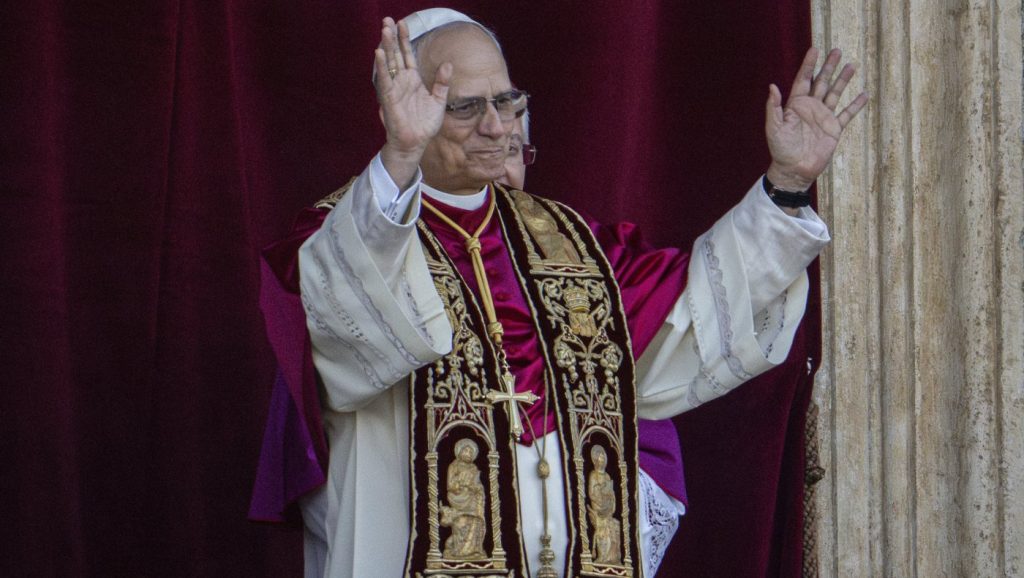Cardinal Robert Prevost, a prominent figure in the Catholic Church, has made history by becoming the first pope from the United States, adopting the name Pope Leo XIV. Born in 1956, Prevost previously held the esteemed position of prior general of the Order of St. Augustine, an ancient religious order dating back to the 13th century. This order is dedicated to values including poverty, service, and evangelization, reflecting its commitment to serving God and humanity.
Pope Leo XIV, at age 69, assumes the papacy as the first pontiff from the Augustinian tradition. The Order of St. Augustine traces its roots back to the influential teachings of St. Augustine of Hippo, a significant theologian and one of the early giants in Christianity. This spiritual order is present in approximately 50 countries around the globe, emphasizing a lifestyle characterized by contemplative spirituality, communal living, and a mission of service to others.
Central to the Order of St. Augustine's ethos is the commitment to "live together in harmony, being of one mind and one heart on the way to God." This sense of community and mutual support plays a crucial role in the lives of its members, who strive to embody these values in their daily practices. Religious orders, like the Augustinians, comprise a community of individuals—priests, nuns, monks, and laypeople—who dedicate themselves to specific missions and spiritualities, diverging from the path of diocesan priests who predominantly serve within a defined territory.
Pope Francis, who belongs to the Jesuit order, was the first pontiff from a religious order in over 150 years, with the previous being Pope Gregory XVI, a Camaldolese monk serving from 1831 to 1846. This context highlights the significance of Cardinal Prevost's election as Pope Leo XIV, marking another pivotal moment for the Catholic Church as it embraces diverse ecclesiastical traditions.
Pope Leo XIV's selection not only enriches the historical narrative of the papacy but also emphasizes the ongoing evolution of the Church. The elevation of a U.S. pope signifies a shift that resonates with a global audience, bridging cultural and geographical divides in a rapidly changing sociopolitical landscape. By choosing the name Leo, which evokes a strong connection to prior influential popes, Prevost positions himself within a legacy that emphasizes leadership, strength, and compassion in addressing contemporary issues facing the Church and the world.
As Pope Leo XIV steps into his new role, the expectations from both the faithful and the broader society will highlight his approach to leadership, spirituality, and global outreach, especially in the context of challenges faced by the Church today. His past experiences and the rich traditions of the Augustinian order may help shape his papacy, setting a tone for engagement with both the Catholic community and those beyond its borders.












